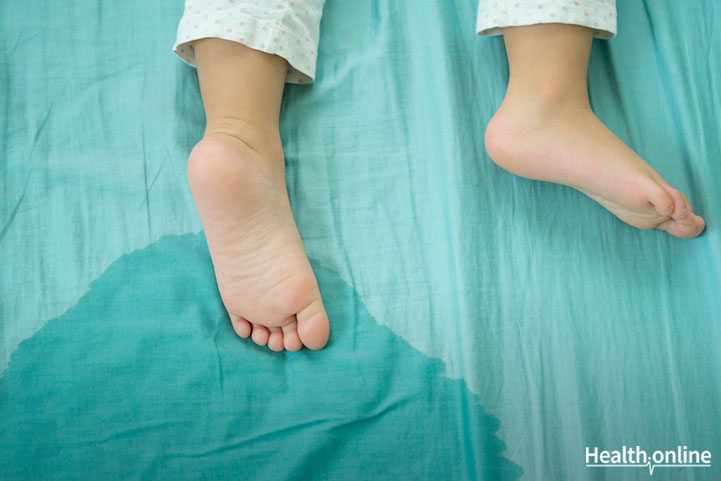
How to Help Your Child Beat Bedwetting
Young children from the age of 4 and upwards love to assert their independence. They start eating on their own, dressing up by themselves, and like to show their choice and consent about everything. But some kids unfortunately still have a problem with bedwetting, which causes a huge dent on their confidence and self-esteem. They often are embarrassed about their body and step back from enjoying social events, like camping trips and sleepovers with friends.
What causes kids to wet the bed?
Bedwetting at night is called as Nocturnal Enuresis. It affects about 20% of 5-year-olds, 12% of 6-year-olds, 10% of 7-year-olds and decreases to less than 5% for 10-year-olds. Bedwetting is not as uncommon as you think, although it’s not something that parents like to discuss with their peer groups. It often becomes a home secret, further leading the child to believe that he/she is the only one with the problem!
The reason behind bedwetting is neurological. The brain sends signals to the child’s bladder to hold urine during sleep. However, with Nocturnal Enuresis, these signals are not transmitted effectively. There are also some other reasons behind bedwetting like:
- Family history – It may be that the child would have a parent or relative who had an issue with bedwetting as well.
- Maturity of Bladder – It is possible that the child’s bladder capacity is reduced, or is small and unable to hold the urine in until morning.
- Constipation – It is tough for children to distinguish between the signals of constipation. The rectum may be pushing against the bladder, causing for involuntary bedwetting in older children.
- Emotional factors – There may have been a significant change in the child’s life, like the arrival of a new sibling, parental divorce, or a change of homes. However, this contributes to secondary enuresis or bedwetting after a long dry spell.
What can you do to stop your child from bedwetting?
Communicate with your child – Since bedwetting is a neurological problem, it is not wise to increase the stress of your child by shouting at him/her or blaming him/her for this. Talk to your child about the problem and try to understand how deeply he/she might be affected by the issue. You need to explain to your child why some children wet their bed and how common it is for kids their age to do so. Let your child know that you are ready to find a solution for this problem with him/her and that you are not angry about all the extra work you have to put in.
Visit the paediatrician – Most people tend to avoid a visit to the doctor or mention this problem in regular check-ups. You should consult the doctor to rule out any health issues like sleep apnea or Urinary Tract Infection (UTI). The paediatrician will also guide you to the right specialist if they are not able to solve the problem.
Make lifestyle changes- Small changes in the child’s daily life will make a strong impact. Reduce your child’s intake of liquids and water in the evening and before dinner. Ensure that your child is taken to urinate every 2-3 hours so that his / her bladder is empty by the time he/she gets to sleep. Include a lot of fiber in your child’s diet so that he/she does not suffer from constipation and has a healthy digestive system.
Use physical intervention- Your child can use aids like pull-ups or diapers while sleeping. You could also use mattress covers or waterproof covers under the sheets to avoid the entire bed from getting wet. Another popular way of training a child to stop bedwetting is by using an enuresis alarm. The alarm is fitted with a wetness sensor which goes off when the child wets the bed. Due to the alarm, the child wakes up and heads to the washroom. You may wake up your child and accompany him /her initially. Over time, your child’s body clock gets used to the alarm and soon your child will wake up on his / her own to go to the bathroom.
Medical treatment- It is not advisable for bedwetting as it is a problem that can be controlled and that can go away with time. There is no need for you child to take unnecessary hormones, as these hormones affect the natural development of your child’s body. Don’t worry and be a strong support to your child and help him/her get through this phase.




